Pour Peter Senge, professeur au MIT et spécialiste des organisations, le partage d'expériences et la collaboration entre individus, entreprises ou ONG sont la clé de la créativité et du progrès.
Entre la diffusion d'Internet et la globalisation, l'environnement des entreprises et les entreprises elles-mêmes ont profondément changé. Mais les idées à la base de cet ouvrage restent d'actualité car les ressorts profonds de la créativité, eux, sont restés les mêmes.
Créer une nouvelle entreprise ou lancer un projet, par exemple, requiert toujours autant de mobiliser l'imagination et l'intelligence collective. Les nouvelles technologies n'ont pas supprimé le besoin des individus de communiquer et de se faire comprendre pour travailler ensemble.
En savoir plus sur https://www.lesechos.fr/30/05/2014/lesechos.fr/0203405647843_peter-senge-----l-intelligence-collective-se-construit-dans-l-action-partagee---.htm#4tO5BobwL9Eeh48R.99
Learn more / En savoir plus / Mehr erfahren:
https://www.scoop.it/t/21st-century-learning-and-teaching/?&tag=collective+intelligence
http://blog.scoop.it/2011/11/30/lord-of-curation-series-gust-mees/



 Your new post is loading...
Your new post is loading...

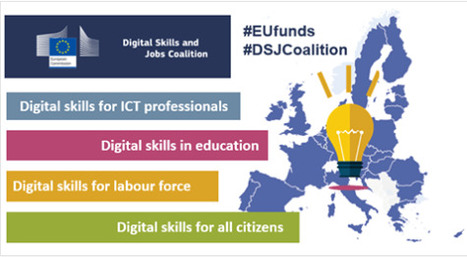

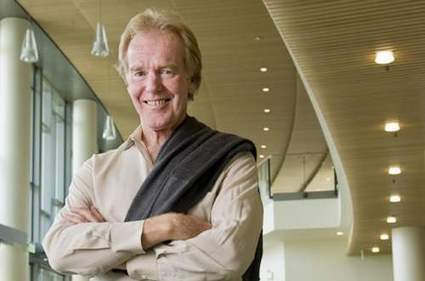
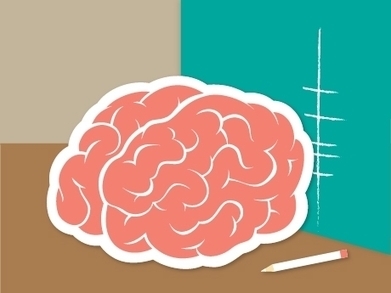


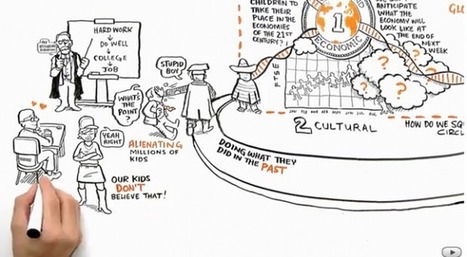
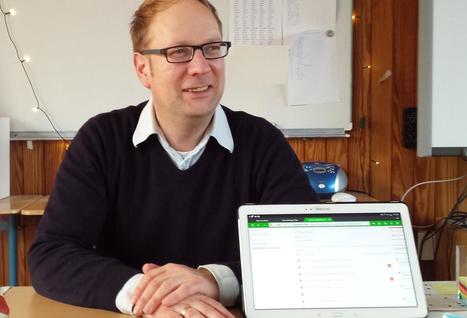

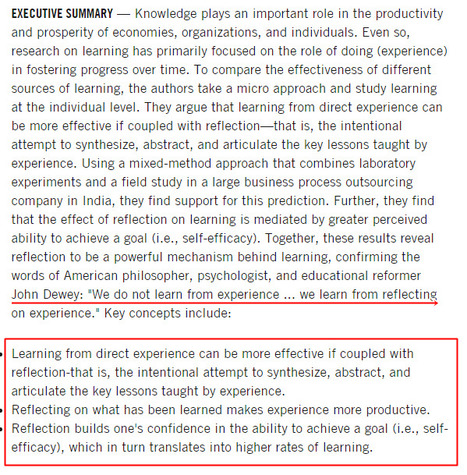



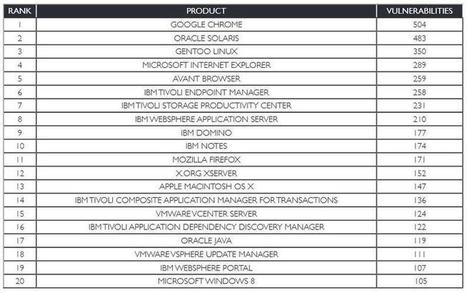
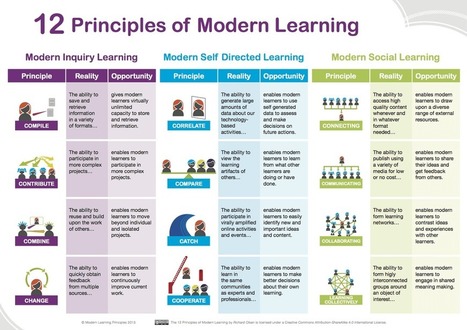


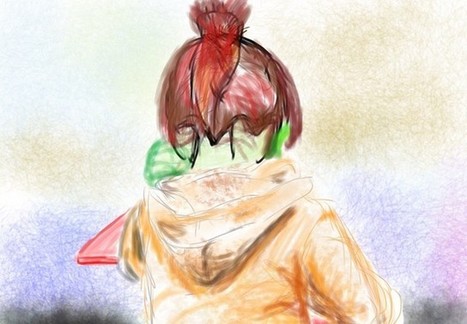



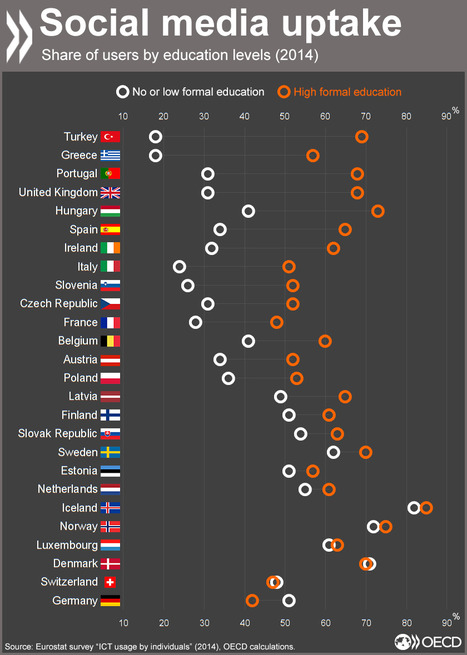







European Commission
The European Social Fund
Each year the ESF helps millions of Europeans improve their lives by learning new skills and finding better jobs. Learn about the ESF: what it does, how it helps and who benefits.
Learn more / En savoir plus / Mehr erfahren:
https://www.scoop.it/t/21st-century-learning-and-teaching/?&tag=EU